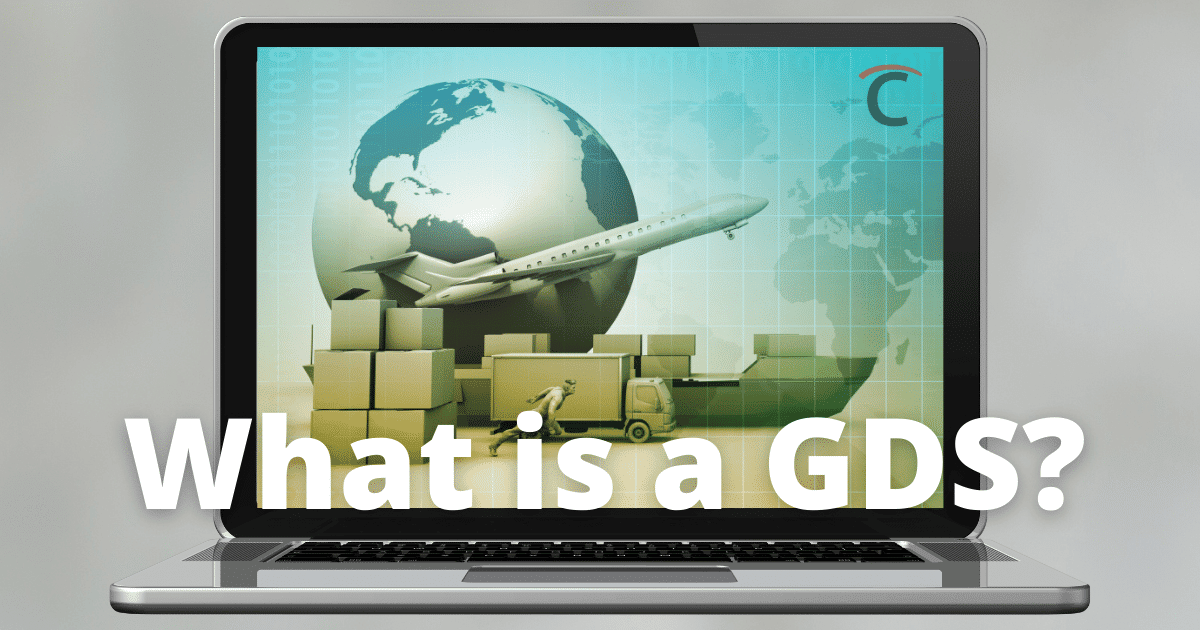Table of Contents
Understanding the Global Distribution Systems (GDS) in the Travel Industry
In the fast-paced world of travel, efficiency and accessibility are paramount. One of the key players in ensuring that travel agents, airlines, hotels, and other service providers can connect seamlessly is the Global Distribution System (GDS). This blog post will delve into what GDS is, how it operates, its significance in the travel industry, and its future.
What is a Global Distribution System (GDS)?
A Global Distribution System (GDS) is a computerized network that facilitates transactions between travel service providers and travel agents. It serves as an intermediary that allows agents to access a wide range of services from various suppliers—such as airlines, hotels, car rental services, and more—through a single platform. The primary purpose of a GDS is to streamline the booking process for both agents and consumers.
Key Players in GDS
The major players in the GDS market include:
Amadeus
Founded in 1987, Amadeus has become one of the largest GDS providers globally. It offers comprehensive solutions for airlines and travel agencies alike.
Sabre
Established in 1960 by American Airlines, Sabre was one of the first GDS systems created. It continues to be a leader in technology solutions for travel agencies.
Travelport
Known for its brands like Galileo and Worldspan, Travelport provides innovative technology solutions to enhance travel bookings.
These companies have developed sophisticated platforms that allow users to search for flights, book hotel rooms, reserve rental cars, and much more—all from one interface.
How Does a GDS Work?
The operation of a Global Distribution System involves several steps:
Data Aggregation
A GDS collects data from multiple sources including airlines’ reservation systems, hotel booking engines, car rental services, etc. This data includes availability information and pricing.
Centralized Access
Travel agents access this aggregated data through their own systems or terminals connected to the GDS network. They can search for options based on specific criteria such as price range or preferred amenities.
Booking Process
Once an agent finds suitable options for their clients, they can make reservations directly through the GDS platform. The system then confirms bookings with real-time updates on availability.
Commission Handling
After successful bookings are made through a GDS platform, commissions are often handled automatically between suppliers and agents based on pre-agreed terms.
Importance of GDS in Travel Industry
Enhanced Efficiency
One of the most significant advantages of using a Global Distribution System is efficiency. By providing access to multiple suppliers through one interface, it saves time for travel agents who would otherwise need to check each supplier’s system individually.
Increased Reach
For suppliers like airlines or hotels looking to maximize their visibility and sales potential globally, being part of a GDS network means reaching thousands of travel agencies worldwide without needing individual contracts with each one.
Real-Time Information
A major benefit offered by modern GDS platforms is real-time information regarding availability and pricing changes. This ensures that both agents and customers have access to up-to-date information when making decisions about their travels.
Streamlined Processes
The integration capabilities offered by many modern GDS platforms allow seamless connections with other software tools used by travel agencies—such as customer relationship management (CRM) systems or accounting software—creating streamlined processes across various business functions.
Challenges Facing Global Distribution Systems
Despite their numerous advantages, there are challenges facing Global Distribution Systems:
Cost Structure
The fees associated with using a GDS can be substantial for smaller agencies or independent operators who may struggle with profit margins.
Competition from Direct Booking Channels
With more travelers opting to book directly through airline or hotel websites due to attractive deals or loyalty programs offered by these companies themselves; traditional reliance on GDS may diminish over time.
Technological Advancements
As technology evolves rapidly within this space—including artificial intelligence (AI), machine learning (ML), blockchain technology—the existing models must adapt quickly or risk obsolescence.
The Future of Global Distribution Systems
As we look toward the future of global distribution systems within the travel industry:
Integration with New Technologies
We can expect further integration with AI-driven tools that enhance personalization during booking processes while also improving operational efficiencies.
Enhanced User Experience
With increasing competition from alternative booking platforms emerging every day; enhancing user experience will be critical for maintaining relevance among travelers’ preferences moving forward.
Conclusion
Global Distribution Systems play an essential role in connecting various stakeholders within the travel industry ecosystem—from suppliers offering services like flights or accommodations down through intermediaries like travel agents facilitating bookings on behalf of consumers themselves! Understanding how these systems operate not only highlights their importance but also sheds light on potential areas ripe for innovation as we navigate an ever-evolving landscape together!

